Does Bee Feed Affect Honey Quality? Myths & Facts
Bee feed is an essential tool for beekeepers, ensuring that colonies remain strong and well-nourished, particularly during times of nectar scarcity. However, one of the most common concerns among beekeepers and honey consumers alike is whether feeding bees artificial supplements, such as syrups and fondants, affects the quality of honey.
In this article, we’ll separate the myths from the facts about bee feed and its impact on honey production.
Myth 1: Feeding Bees Syrup Produces Fake Honey
Fact: Properly Managed Feeding Does Not Contaminate Honey
One of the biggest misconceptions is that providing bees with sugar syrup or fondant results in "fake honey." In reality, if feeding is done correctly—before or after the honey flow period—it does not impact the purity of harvested honey. Beekeepers must follow best practices to ensure that the feed is used for colony sustenance rather than mixed into honey stores.
Best Practices:
Stop supplemental feeding at least 4-6 weeks before placing honey supers.
Use feeding methods that ensure bees consume the syrup rather than store it.
Monitor hive conditions to ensure proper food usage.
Myth 2: Honey from Fed Bees Is Less Nutritious
Fact: The Nutritional Value of Honey Comes from Nectar and Pollen
The nutritional quality of honey is primarily derived from the floral nectar collected by bees. High-quality honey contains beneficial enzymes, vitamins, and antioxidants sourced directly from flowers. Bee feed is used only as a carbohydrate supplement when nectar is scarce; it does not contribute to the honey’s nutritional makeup.
What Does Affect Honey Nutrition?
The variety and quality of nectar sources.
The presence of pollen and plant-derived antioxidants.
The region and biodiversity where bees forage.
Myth 3: Bees Store Sugar Syrup in Honeycombs and Sell It as Honey
Fact: Ethical Beekeepers Prevent This by Controlling Feeding Timing
Some skeptics believe that beekeepers allow their bees to store sugar syrup and then extract it as honey. Ethical and professional beekeepers take great care to prevent this by adhering to strict feeding schedules.
How Beekeepers Ensure Pure Honey:
Seasonal Feeding Strategy: Feeding is done in autumn (to prepare for winter) or early spring (to build colony strength)—not during honey flow.
Hive Inspections: Beekeepers carefully monitor honey stores to ensure that nectar-derived honey is being produced and not sugar-fed reserves.
Regulatory Compliance: Many honey certification bodies require that honey comes only from floral nectar, ensuring ethical production standards.
Myth 4: Organic Honey Producers Never Feed Their Bees
Fact: Even Organic Beekeepers May Supplement Their Hives
Sustainability-conscious beekeepers, including those producing organic honey, may use natural and organic bee feed to support colony health during challenging seasons.
Organic Feeding Solutions:
Organic Fondabee – A natural bee fondant without synthetic additives.
Plant-Based Nectar Supplements – Some organic beekeepers create herbal infusions or provide access to diverse wildflower sources.
Minimal Intervention – Organic beekeeping emphasizes self-sustaining apiaries but still allows emergency feeding when necessary.
Myth 5: Bee Feed Changes the Taste and Texture of Honey
Fact: Natural Nectar Composition Determines Honey Flavor
The flavor, texture, and aroma of honey are directly influenced by the nectar source, not the sugar feed. Different flowers produce distinct honey varieties—lavender honey tastes different from acacia or heather honey due to nectar content, not supplemental feeding.
What Affects Honey Taste?
Floral Variety: Bees collecting nectar from diverse plants create unique flavor profiles.
Seasonal Changes: Spring honey differs from late-summer honey based on available nectar sources.
Beekeeper Management: Proper hive management ensures that bees forage naturally, preserving honey authenticity.
How to Ensure High-Quality, Pure Honey While Feeding Bees
Beekeepers can balance hive health and honey purity by following these best practices:
Feed Bees at the Right Time: Avoid feeding during the main nectar flow to prevent syrup storage.
Use High-Quality Bee Feed: Choose products like Invertbee Syrup or Organic Fondabee to provide safe nutrition.
Monitor Honey Supers: Ensure that honeycomb cells are filled with nectar-derived honey, not bee feed.
Follow Local Regulations: Adhere to guidelines set by DEFRA and honey certification organizations.
Harvest Responsibly: Only extract honey that has been naturally produced by nectar collection.
Final Thoughts
Feeding bees is a necessary and ethical practice when done correctly. It does not compromise honey quality when managed with care and in accordance with ethical beekeeping principles. Beekeepers use feed as a supplementary tool to sustain their colonies during tough seasons, ensuring hive survival and robust honey production.
At Wyefield Apiaries, we provide high-quality bee feed, including Invertbee Syrup and Fondabee, to help UK beekeepers maintain thriving colonies without affecting honey purity. Choose the best for your bees and keep your honey natural!
By following responsible feeding practices, beekeepers can support their colonies without compromising honey quality. Happy beekeeping!

